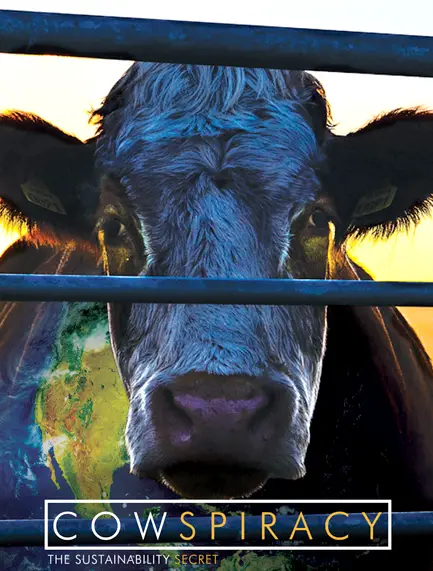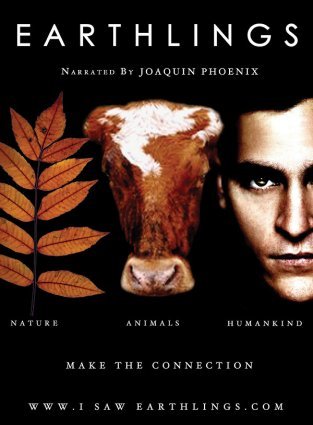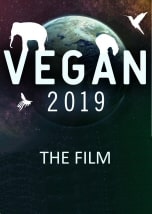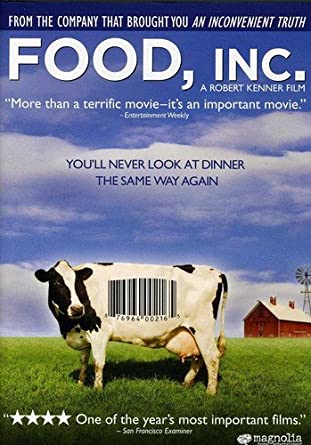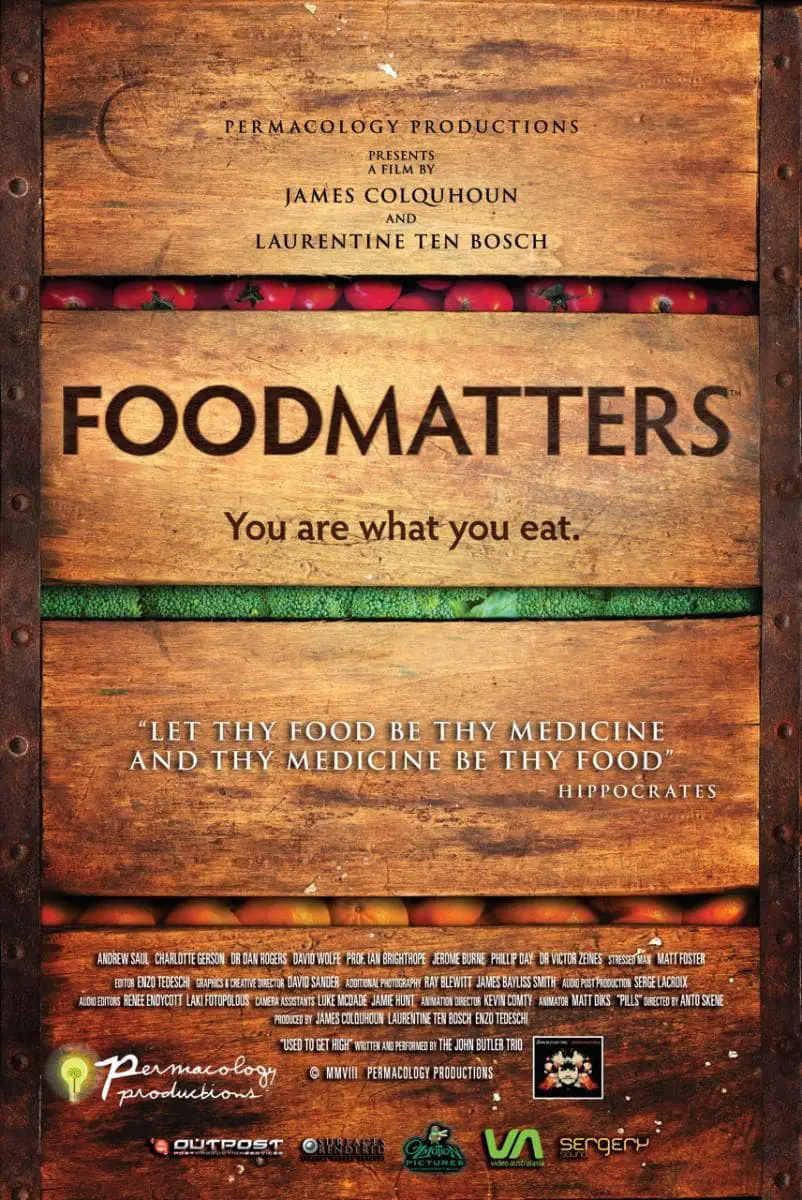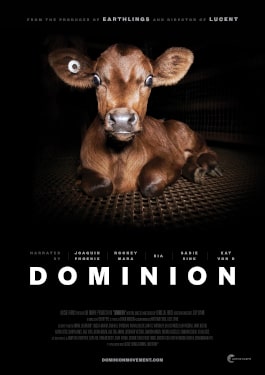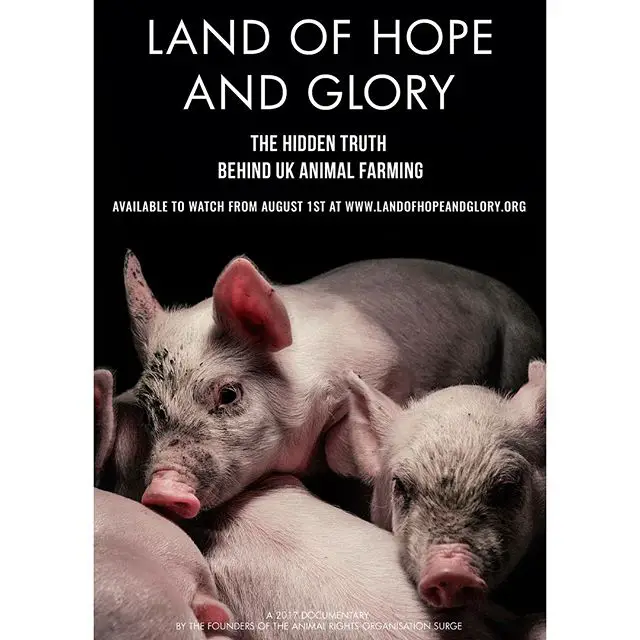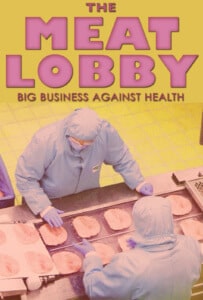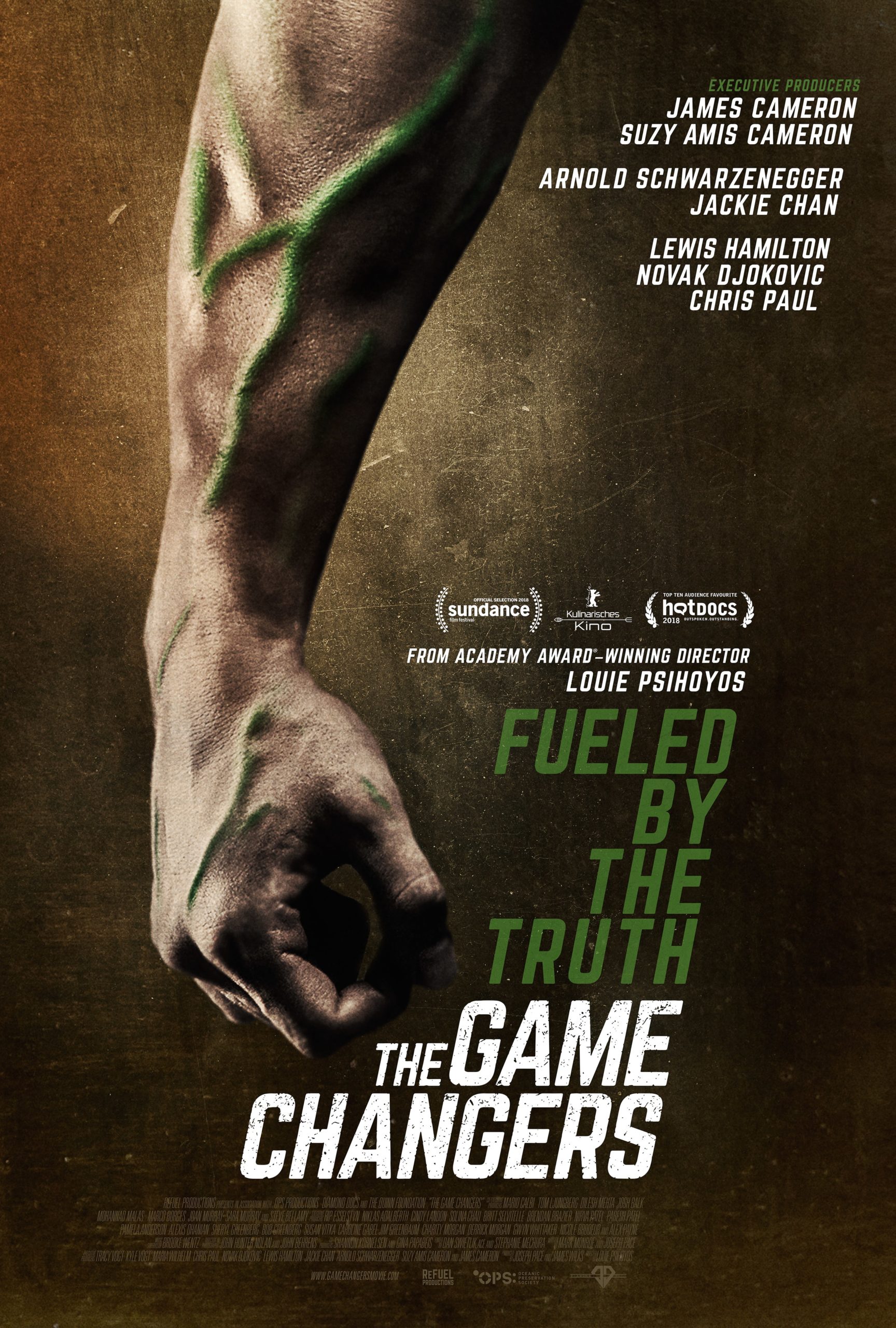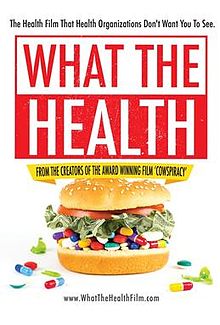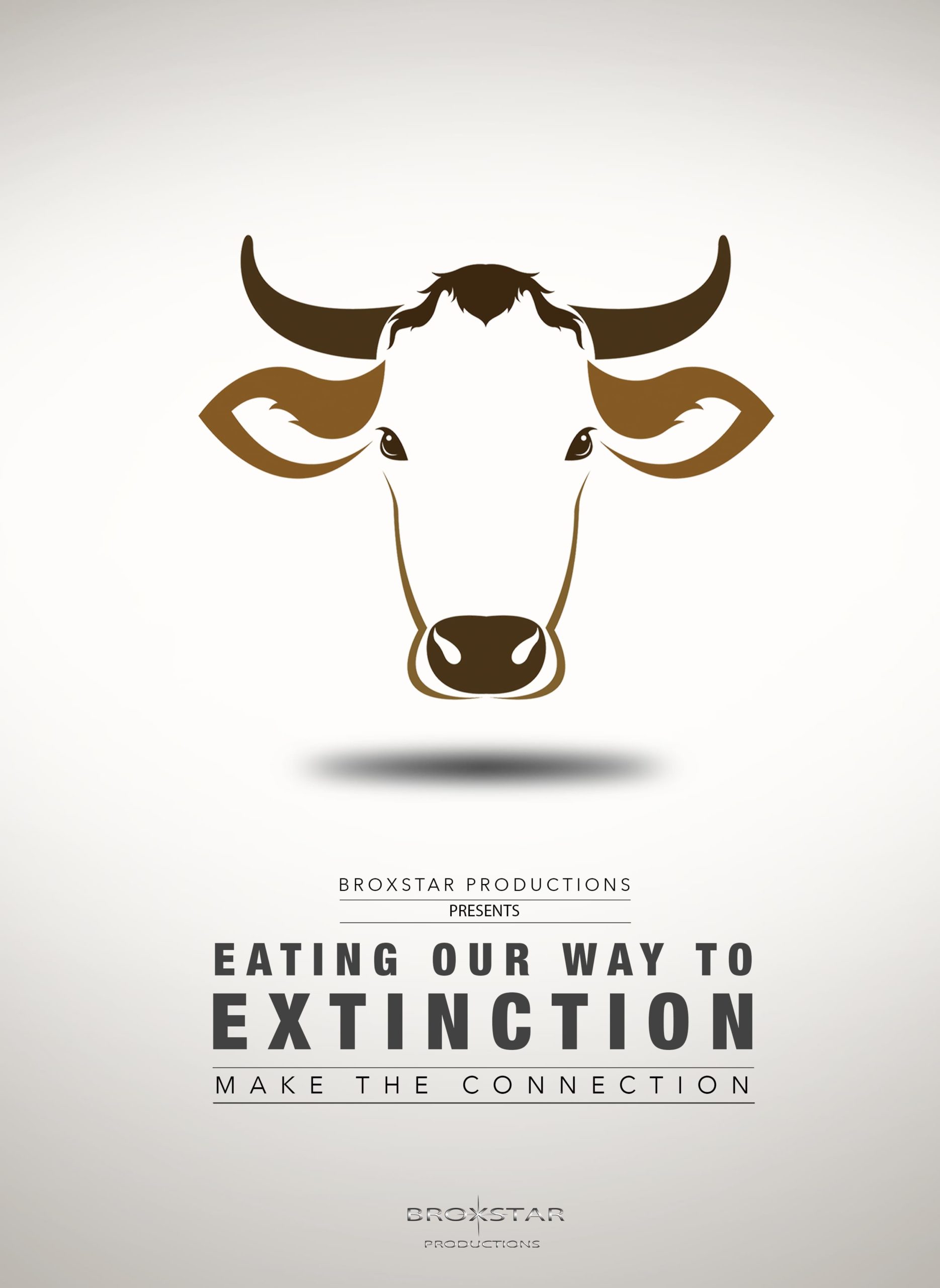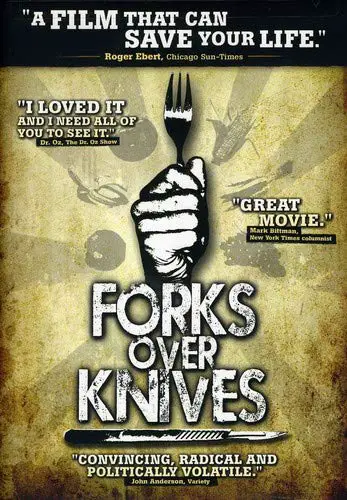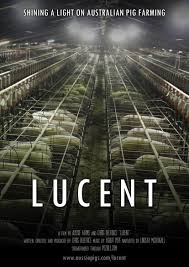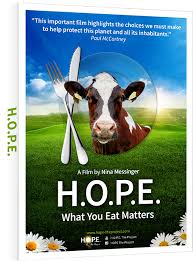What do Greta Thunberg, Paul McCartney and Pamela Anderson have in common? They all profit from the benefits of being vegan.
Up until only a couple of years ago, people who followed plant based diets were often frowned upon. Today however, veganism is becoming more and more popular and has even turned into a worldwide trend.
But living a vegan lifestyle is a decision that exceeds personal food preferences. Veganism has political, social and economic aspects. This article touches base on the 21 most important benefits of being vegan – for us humans, the world’s animals, our planet and the future.
Veganism is a way of living which seeks to exclude, as far as is possible and practicable, all forms of exploitation of, and cruelty to, animals for food, clothing or any other purpose.
Veganism Society
Table of Contents
Health Benefits Of Being Vegan

• 1 Vegan Food Is Richer In Certain Nutrients.
A vegan diet is based on fruits, vegetables, whole grains, beans, peas, nuts and seeds. Making up a larger proportion than in a diet that contains animal products, those ingredients automatically lead to higher intake of certain nutrients.
One of the benefits of being vegan is for example a higher intake of antioxidants, like vitamin C and E. They protect cells from damage and strengthen the immune system.
Contrary to popular belief, humans do not need meat for their protein intake. According to the Vegetarian Resource Group, “the typical moderately active adult male vegan needs only 2.2 to 2.6 grams of protein per 100 calories and the typical moderately active adult female vegan needs only 2.3 to 2.8 grams of protein per 100 calories. These recommendations can be easily met from vegan sources“.
Read more: 15 Vegan Athletes That Succeed On A Plant-Based Diet.
• 2 Vegans Have Lower Blood Sugar Levels.
It is proven that a vegan diet can prevent, manage and even reverse diabetes type 2. About 80 % of persons with diabetes type 2 are overweight. It comes as no surprise that studies furthermore show that veganism and vegetarianism protect against obesity.
The reason is that many plant-based foods, including nonstarchy vegetables, many types of fruit, beans, nuts, and seeds, tend to be low on the glycemic index. That means there’s a lower risk you’ll spike your blood sugar when you eat them.
Watch: Tackling Diabetes With Plant-Based Nutrition
• 3 A Plant-Based Diet Supports Weight Loss.
Vegan diets are typically higher in fiber and lower in saturated fat. Moreover, plant-based food often contains less calories than animal products.
Several studies have shown that a vegan diet can help you lose weight. According to the Journal of General Internal Medicine, individuals who follow a vegan diet over a period of 18 weeks lose on average 4 pounds (over 1.8 kg) more than individuals who follow animal-based diets.
However, it is important not to rely too much on processed food as meat alternatives. The Vegan Food Pyramid can serve as a guide for a balanced diet.

• 4 A Vegan Diet May Improve Kidney Functions.
The American National Kidney Foundation confirms that a plant-based diet lowers the chance of getting kidney disease and can even keep early kidney disease from getting worse.
• 5 Eating Vegan Reduces The Risk To Get Certain Cancers.
In 2015, the World Health Organization (WHO) categorized red meat (e.g. beef, pork and lamb) as a Group 2 carcinogen. That means it increases the risk of getting bowel cancer. Processed meat (e.g. bacon, ham and salami) was classified as a Group 1 carcinogen, which is known to cause cancer. In 2019, an Oxford study revealed that eating three rashers of Bacon per day could increase cancer risk by 20 %. Tobacco smoking is also a Group 1 carcinogen.
• 6 Vegans Have A Lower Risk of Heart Disease.
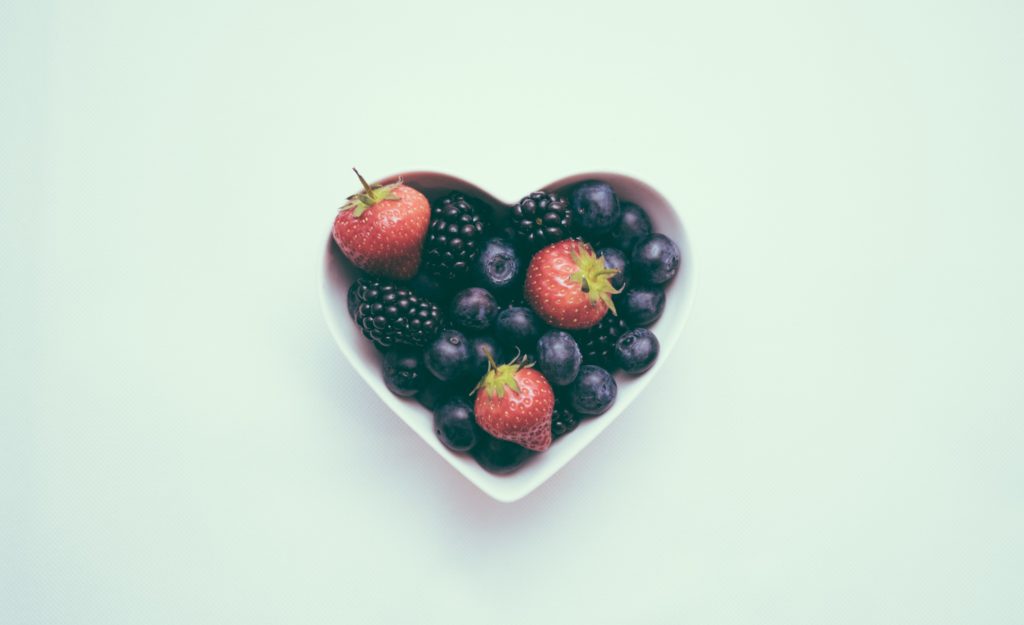
Two more benefits of being vegan are lower blood pressure and cholesterol levels. Cholesterol can cause fatty deposits in the blood vessels. These deposits increase the risk of stroke, peripheral artery disease, and heart disease.
In 2018, a Cleveland Clinic study found that red meat consumption could increase the risk of heart disease 1000 % more than a vegan diet.
• 7 A Vegan Lifestyle May Reduce Pain From Arthritis.
The nutrients in vegetables, fruits and whole grains may help reduce pain and ease inflammation from rheumatoid arthritis.
A study showed that “after following a low fat vegan diet for 4 weeks, individuals with moderate-to-severe rheumatoid arthritis saw significant improvements in symptoms, including joint pain and stiffness, tenderness, and swelling.”
• 8 Antibiotic Use In Animals Affects Human Health.
On the report of the Centers for Disease Control and Prevention (CDC), antibiotic resistance is responsible for 25,000 annual deaths in the European Union and 23,000 annual deaths in the U.S. The Food and Drug Administration (FDA) has reported that 80 percent of the total antibiotic use in the U.S. is in agriculture.
Research predicts that antibiotic resistance will cause 10 million deaths a year by 2050. That means it would surpass cancer as the leading cause of deaths worldwide.
• 9 There Are Mental Health Benefits Of Being Vegan.
According to the Physicians Committee for Responsible Medicine (PCRM), “following a plant-based diet, rich in antioxidants and polyphenols from fruits and vegetables, can serve as an inexpensive, natural, and noninvasive therapeutic means to support mental health.”
Beauty Benefits Of Being Vegan

• 10 Vegan Cosmetics Boycott Animal Products.
Vegan cosmetics do not include animal products like beeswax, honey, lanolin, collagen, and keratin. However, brands can be labelled vegan, but involve animals in the production process without claiming it.
Animal testing is a cruel, yet still common practice in the beauty industry. Human Society International estimates that approximately 100.000 to 200.000 animals, including rabbits, guinea pigs, hamsters, rats and mice, suffer and die just for cosmetics every year around the world. Lab workers rub chemicals on their shaved skin or drip substances into their eyes. These experiments cause the animals intense pain and distress, including blindness, swollen eyes, sore bleeding skin, internal bleeding and organ damage, birth defects, convulsions and death. When the testing is over, the animals are killed.
While animal testing for cosmetics is banned in some countries including the EU, it remains legal for other purposes.
So in order to avoid assisting in any kind of animal suffering, also look out for brands that are cruelty free. Labels like Choose Cruelty-Free, The Vegan Society, PETA, or Leaping Bunny are trusted.
Here's a list of cruelty-free makeup that's also vegan.
• 11 Your Skin Becomes Healthier.
There is a potential link between dairy and acne. A 2018 study analyzed dairy intake and acne among 78,529 children, adolescents, and young adults. The results showed that the consumption of any kind of dairy was associated with a higher likelihood of acne in people aged 7–30 years.
Research indicates that artificial hormones that are supposed to increase cow’s milk production could be responsible. However, there is no scientific consensus.
Switching to a plant-based diet not only takes away ingredients that worsen skin quality. It also leads to the intake of more nutrients that support your skin’s health.
• 12 Stronger Nails And Hair Are Benefits Of Being Vegan.

The more fresh, plant-based foods that you’ll be eating on a vegan diet are full of nutrients, which increase the strength of your hair and nails.
Kale for example contains plenty of vitamin B, vital for the well-being of hair follicles. Almonds, walnut sprouts, lentils, spinach and others furthermore provide vitamin K, potassium, selenium and omega 3 fatty acids.
Moreover, strong nails require sufficient amounts of collagen. It is transported by vitamin C, which is found in many elements of a typical vegan diet like citrus fruits, peppers, broccoli and more. A mineral known as silica also contributes towards nail strength. Cucumbers for example contain high quantities.
Fashion
• 13 Vegan Fashion Does Not Kill Animals.
Every year, billions of animals suffer and die for their skin, fur and feathers. They live in cramped, filthy conditions until they are slaughtered or skinned alive.
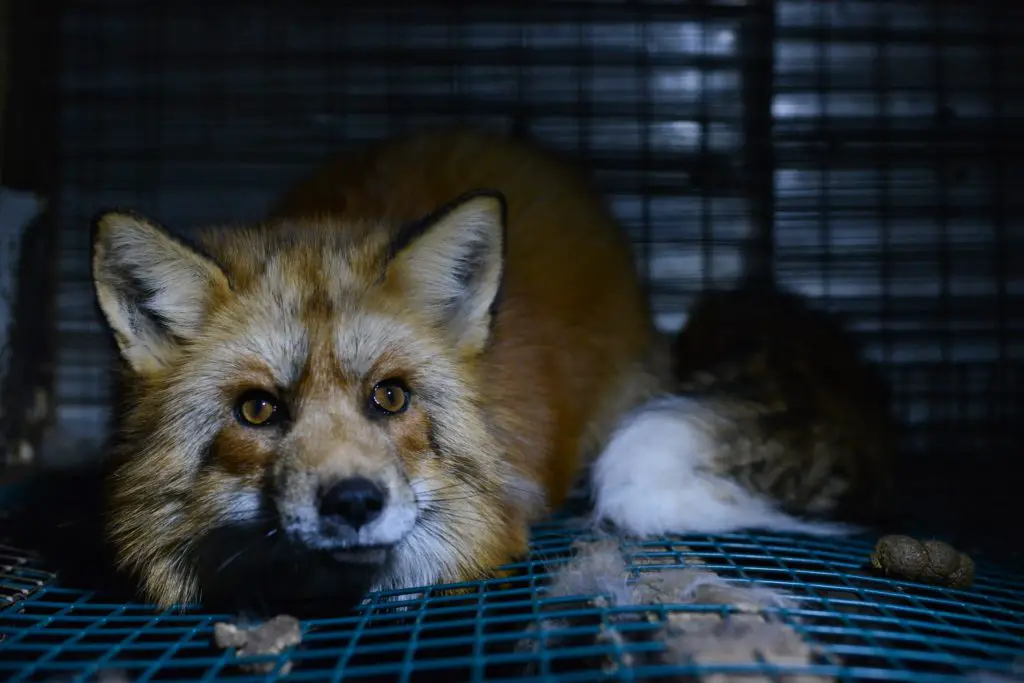
Thanks to animal rights organizations like PETA, wearing animal-derived materials is becoming less popular.
Along with common vegan materials, such as cotton and polyester, the market today offers innovative and sustainable resources such as cork, mushrooms, pineapple leaves, apple peels, other fruit waste, or recycled plastics. Bamboo, wood and seaweed are also often used to produce vegan and cruelty-free clothes.
Alternatives for wool are hemp, linen, and organic cotton. Leather alternatives can for example be produced from paper, recycled rubber and tree bark.
When supporting vegan fashion brands, make sure they also make sustainability their priority.
Here's a list of eco, vegan-friendly clothing brands.
Animal Farming

Over the past 50 years, meat production has more than quadrupled. The market value of processed meat is expected to rise from 714 billion U.S. dollars in 2016 to over 1.5 trillion dollars by 2022.
• 14 A Vegan Diet Boycotts Animal Cruelty.
Meat
As Paul McCartney famously said: ‘If slaughterhouses had glass walls, everybody would be vegetarian’.
Factory farming focuses purely on production and profit – always at the animal’s expense. Most cattle for meat production is killed at one year of age, pigs are slaughtered at around 6 months old, and chickens usually don’t survive longer than 7 weeks.
More than 70 billion animals are slaughtered each year for meat.
During their lifetime, they are squeezed into tiny spaces, in which they often can’t even turn around or lie down. They are fed antibiotics to make them grow faster and keep them alive in the unsanitary conditions.
Chickens grow so unnaturally large that their legs collapse under their own bodyweight. They then starve or die from dehydration because they can’t walk to food and water sources.
In order to save time and money, killing methods are highly ineffective and cause animals lots of suffering and pain. Many animals are still alive while they are being skinned, when they are thrown into hot scalding water for the defeathering, or when they are cut in pieces.
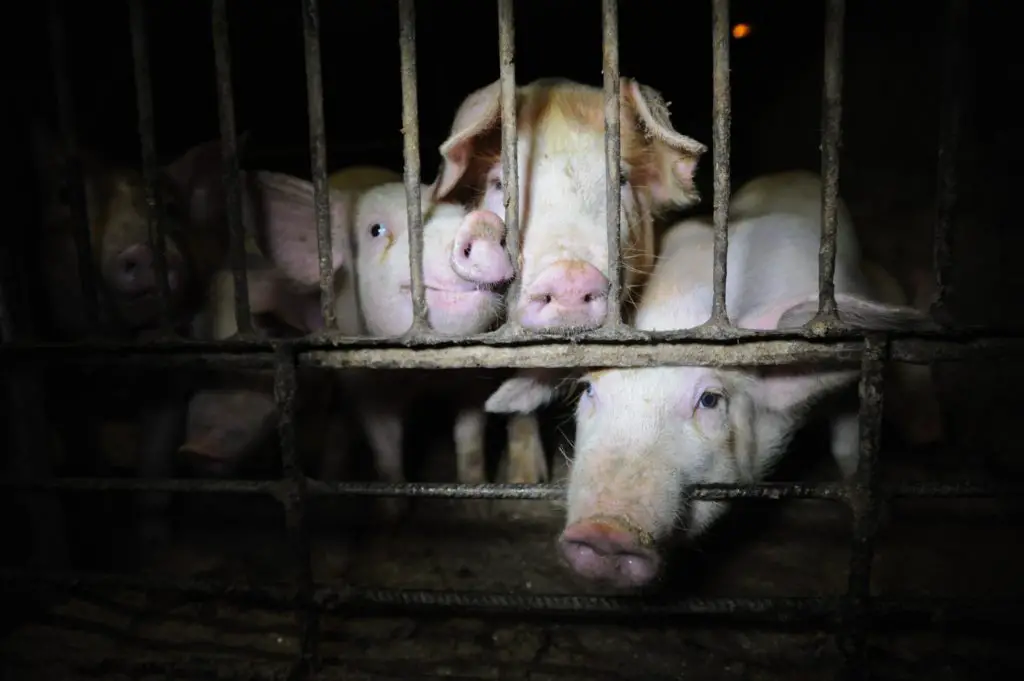
Pigs are highly intelligent animals. Not only are they smarter than dogs, but they also outperform some primates in a variety of tasks. They have cognitive abilities beyond those of three year old human children.
Dairy
The natural lifespan of a cow is around 20 years. Most dairy cows are slaughtered and sold as beef after less than 5 years. During their life, they are constantly artificially impregnated. The calves are taken away from their mothers shortly after birth, which causes both of them distress. So much so, that they often become sick, lose weight from not eating, and cry so much that their throats become raw.
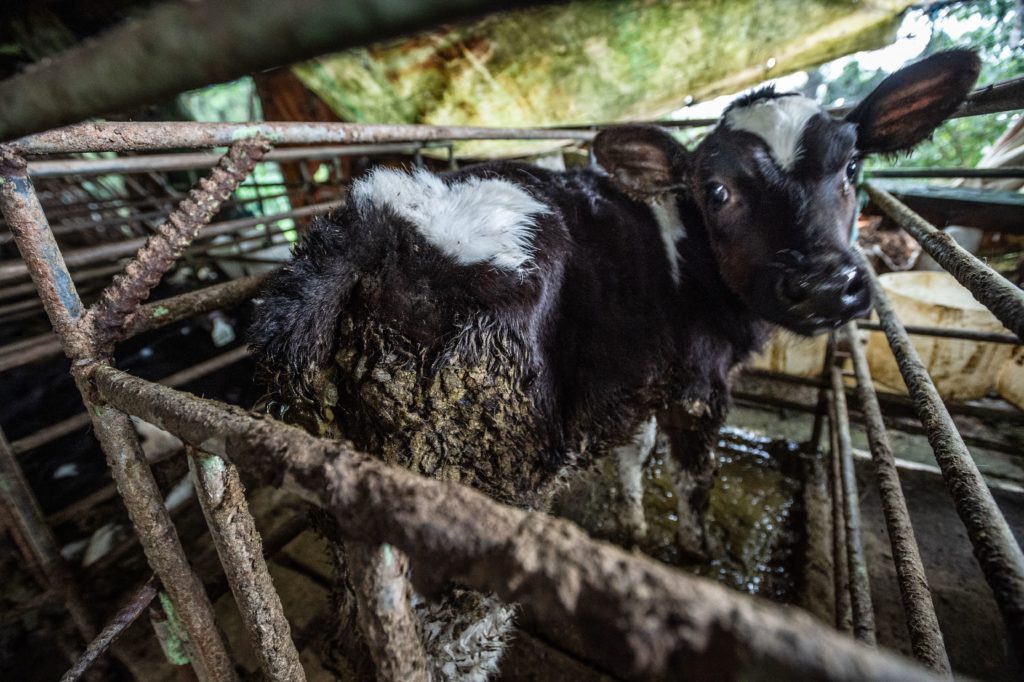
Male calves are usually sold to other factory farms and bred for meat production. However, due to financial reasons they are sometimes killed straight after birth.
Several times per day, dairy cows are hooked to milking machines. Sometimes, they are genetically manipulated in a way that makes them produce ten times the amount of milk that their calve would need. The calves get fed milk powder and are used as dairy cows at the age of one year.
Cows never forget a face and have complex problem-solving skills. According to a study done by Cambridge University professor Donald Broom, cows become excited and sometimes even jump into the air, when they figure out the solution to a problem.
Watch: Compassion Over Killing Investigation. WARNING: Graphic Content!
Eggs
Egg-laying hens are kept in small cages. So-called cage free chickens are usually held in warehouses. There they are debeaked to prevent cannibalism in the overcrowded flocks. This process causes them so much pain that some of them die of shock. Others later die of starvation or dehydration because they can’t properly grasp food with their mutilated beaks.
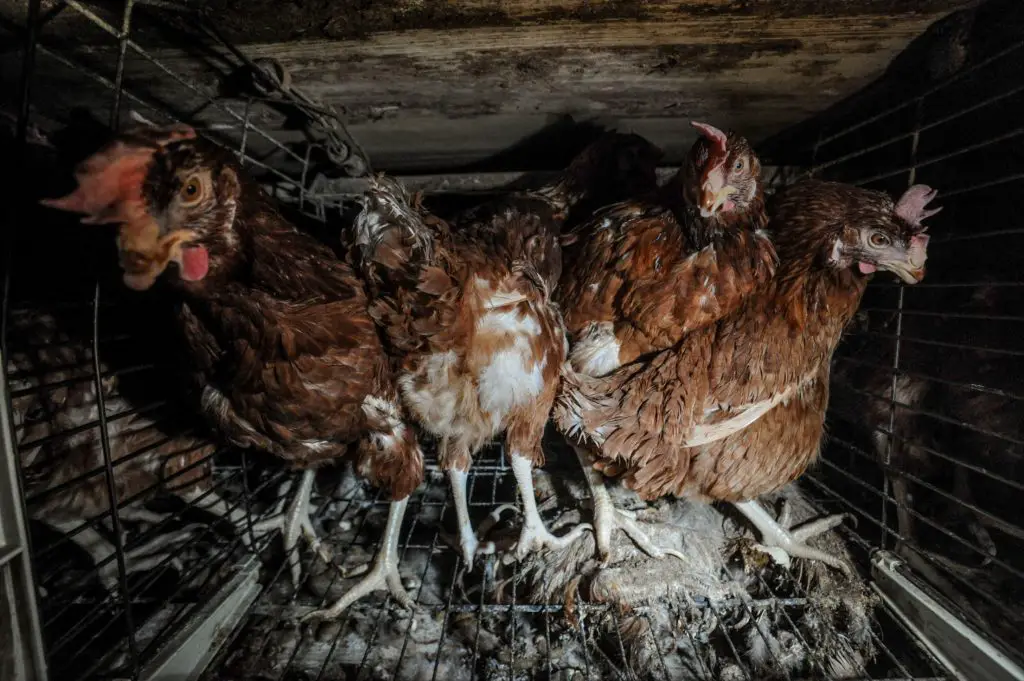
In order to increase the quality of eggs, mass producers sometimes practice forced molting, which includes water and food deprivation over a period of 1 -2 weeks.
When the hens’ egg production begins to decline after 2 to 2.5 years, they are sent to the slaughterhouse. In freedom, chickens reach an age of 10 years on average.
Make a difference now and sign PETA's citizen petitions.
Fish
Fish think and experience pain the same way mammals do. Scientists at Oxford University have discovered that some fish even learn faster than dogs.
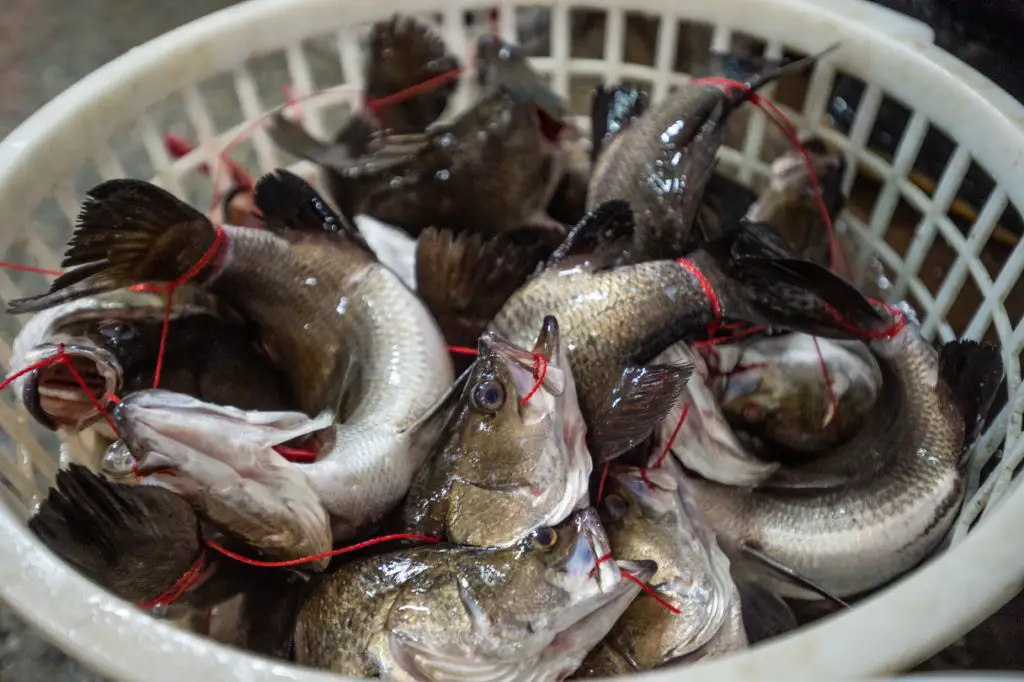
In order to catch saltwater fish that are used as pets, divers often squirt cyanide or other poisons into coral reefs (mostly around the Pacific Islands). The stunned fish then drift out of the reef and are collected by hand or nets. According to PETA, 50 % of the fish die on the reef, while 40% of the other half die before they reach an aquarium.
About 90 % of the freshwater fish sold in pet stores are bred on fish farms. There, they live in extremely small, claustrophobic enclosures. Injuries, parasitic infestations, and diseases are common. They will then spend their lives in small glass bowls or plastic bags.
The fishing industry poses a great danger for marine species. Dolphins, turtles and non-target fish (‘bycatch’) get entangled into the fishing nets and hurt by hooks. Several studies have found that global bycatch amounts to 40 % of the world’s catch. According to the World Wildlife Fund (WWF), for 1 kg (2,2 lbs) of shrimp, 5-20 kg (11-44 lbs) of bycatch can be found in the nets.
Watch: Undercover Video Exposes Animal Cruelty In Mediterranean Sea. WARNING: Graphic Content!
‘Organic’ Farming
Buying ‘organic’ products seems to be the solution to ensure that the animals on our plates have lived a happy, fulfilled life with enough space on green grasslands, natural food and lots of fresh air. Well, that is seldom the case. In fact, almost never.
Animals on ‘organic’ and ‘free-range’ farms often suffer from the same practices that are common on factory farms. That includes debeaking, dehorning and castration without painkillers. Pigs on organic farms have their tails cut off and their ears notched.
At the end of their lives, they are typically transported to the same slaughterhouses used by factory farms.
And that’s not all. ‘Organic’ farming can have a similar environmental impact to factory farms. There are several reasons organic is not the most environmentally friendly way to farm.
Read more about the meaning of animal welfare labels.
Saving The Bees
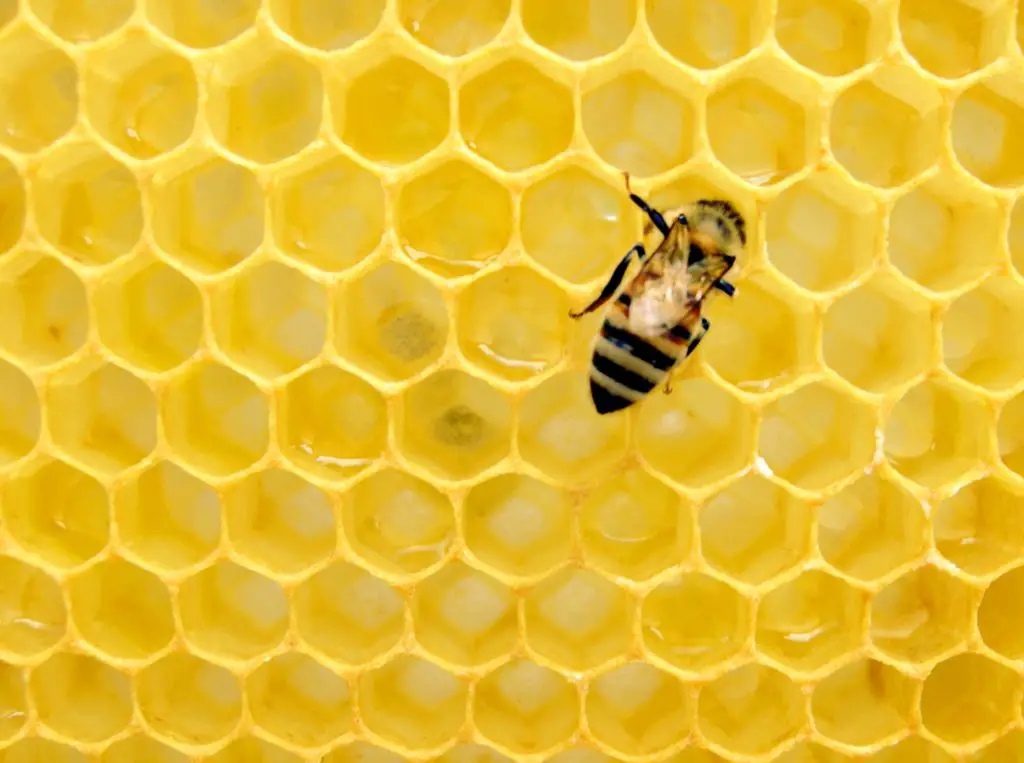
Honey is often seen as vegan-friendly and consumed by some people who follow a vegan diet. However, the Vegan Society classifies honey as not vegan.
When honey is harvested by humans, the bee’s health is endangered. To optimize profits, commercial bee farmers use exploitative practices that are unethical by vegan standards. They clip the wings of queen bees so they can’t flee from the hive, replace harvested honey with less nutritious sugar syrup and sometimes kill entire colonies to prevent disease from further spreading.
Common honey alternatives are maple syrup and agave nectar.
Climate Change

One of the most important (if not THE most important) topics in the 21st century is undoubtedly climate change and what we can do to prevent it. Well, going vegan is a great start.
Here’s why.
• 15 A Vegan Lifestyle Reduces Deforestation.
60 % of deforestation worldwide is caused by the need for agricultural land. That imposes a huge cost on biodiversity.
The majority of the agricultural land is used for livestock production. In South America for example, some 70% of former forests in the Amazon are now used to graze cattle.
83 % of the world’s farmland is utilized for meat, dairy, egg and fish farming. Yet, they provide only 18 % of the world’s calories.
The main reason farming takes up so much land is food production for the animals. They consume on average 6 times more protein than they produce.
• 16 Veganism Leads To Less Air Pollution.
The livestock industry produces nearly 15 % of human-made global emissions. That is more than the direct emissions of the transport sector, including all cars, planes and ships.
The main emissions of the farming industry are carbon dioxide, methane and nitrous oxide. They originate from the production of synthetic fertilizers, enteric fermentation, manure (animal waste that is applied untreated as fertilizer to farm fields), bedding waste, antibiotic residues, cleaning solutions and other chemicals, and sometimes dead animals. Cows produce a lot of methane, which has about 25 times more global warming impact than the same amount of carbon dioxide.
According to the Centers for Disease Control, children who grew up in communities near factory farms are more likely to develop asthma or bronchitis.
Animal Agriculture furthermore increases acid rain.
• 17 We Would Waste Less Water.
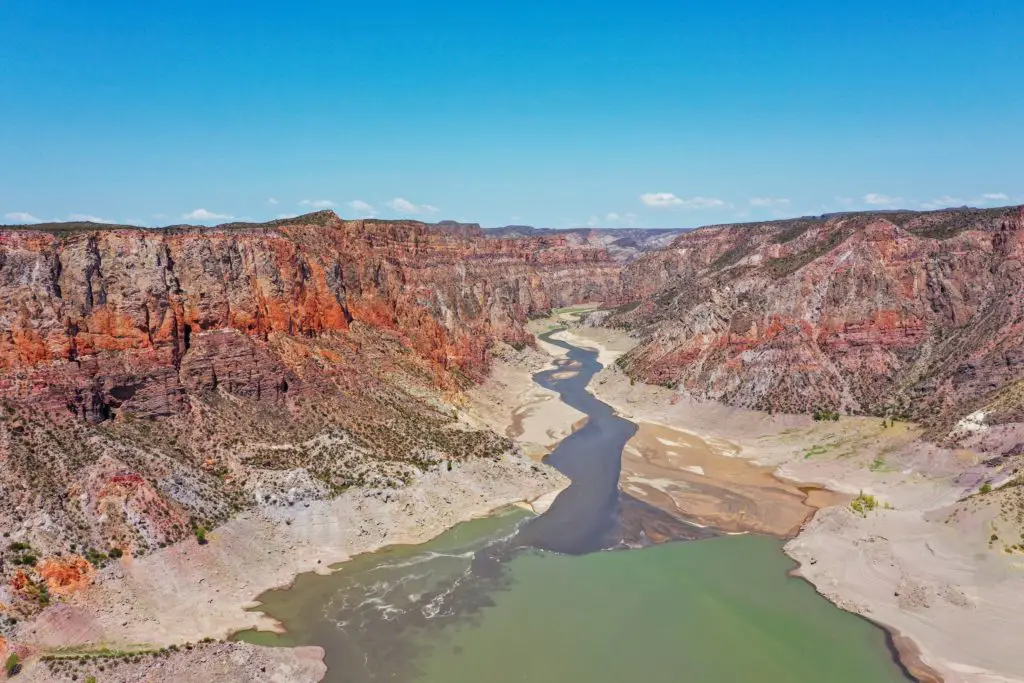
25 % of the world’s rivers no longer reach the ocean because so much freshwater has been used to produce animal feed.
Agriculture uses more freshwater than any other human activity. Your average hamburger takes 3140 litres of water to be made. 2500 litres of that are used for the beef patty.
According to the UN Environment Assembly, plant-based burgers not only use 75 – 95 % less water, but also 93 – 95 % less land and cause 87 – 90 % fewer emissions.
Water pollution also poses a great problem. In the United States, farm animals produce nearly 50 times more waste per year than its entire population. A farm with 2500 dairy cows produces the same amount of waste as a city of 411000 people. It often leaks into the groundwater through the soil or gets washed away by rain.
Benefits Of Being Vegan: The Impossible Burger and the Beyond Meat Burger.
• 18 Our Oceans Would Benefit.
What does veganism have to do with the health of our oceans? A lot.
Nearly half of the plastic found in the world’s oceans comes from plastic fishing nets. Water pollution also takes place when pesticides, herbicides, and fertilizers in lakes and rivers enter the oceans.
Furthermore, overfishing poses a major threat for several animal species. According to Oceana, 90 % of the ocean’s top predators (e.g. sharks, bluefin tuna, swordfish, marlin, and king mackerel) were killed by humans in just 55 years. Studies predict that the oceans could be empty of fish by 2048.
Find out what else you can do to help prevent overfishing here.
Human Society
• 19 Humans Suffer From Animal Agriculture.
Human suffering is an intrinsic part of animal agriculture.
With more than 60 % of the world’s farmland being used for animal food production, land in developing countries that could otherwise be used to grow crops to feed hungry humans is not available.
According to the World Health Organization (WHO), an estimated 820 million people did not have enough to eat in 2018.
The fact is that there is enough food in the world for everyone. But tragically, much of the world’s food and land resources are tied up in producing beef and other livestock – food for the well off – while millions of children and adults suffer from malnutrition and starvation.
– Dr. Walden Bello, Executive Director of the Institute for Food and Development Policy
Deforestation and the expansion of farmland leads to the displacement of farmers and indigenous peoples around the globe. Large-scale land acquisitions, or land grabbing, occurs when agricultural investors buy or lease land, mostly in the Global South. Every second, communities in poor countries around the world lose an area the size of a soccer patch to bankers and private investors.
Watch: A Beginner's Guide To Land Grabs
Humans are furthermore directly impacted by the work in the animal agriculture industry.
Human Rights Watch reported meatpacking to be “one of the most dangerous factory jobs in America, with injury rates more than twice the national average.”
The traumatic work in slaughterhouses can be linked to a variety of mental issues, like post-traumatic stress disorder (PTSD), and the lesser-known perpetration-induced traumatic stress (PITS). Research found that towns with abattoirs have higher rates of domestic violence and violent crimes, including murder and rape.
• 20 A Vegan World Would Ensure A More Sustainable Future.
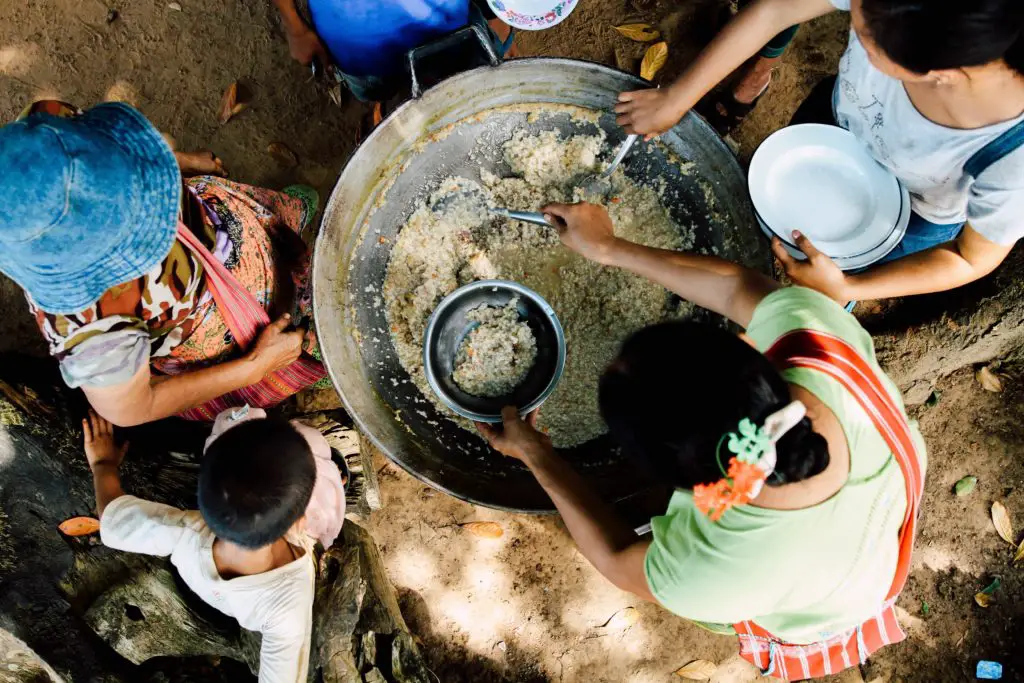
Despite the rising number of humans who suffer from malnutrition, the Food and Agriculture Organization projects an increase of 76 % in global meat consumption by 2050.
According to the United Nations, with an average increase of 83 million people annually, global population will reach about 8.6 billion in 2030 and 9.8 billion in 2050.
A study has found that growing crops for direct human consumption increases available food calories by up to 70 %. That would be more than enough to feed an additional 4 billion people.
What would happen if the world went vegan?
Still not convinced of the benefits of being vegan?
Dear meat-lovers.
- No, farm animals would not take over the world if we all reduced our meat and dairy consumption. The world will not go vegan overnight. Over time, more vegan products would become available and farmers could slowly adjust. And even if everyone became vegan right now, animals would probably be abandoned, slaughtered or taken care of in sanctuaries – nothing worse than what happens to them in factory farms every day.
- No human needs animal protein in order to be strong and fit. Several studies have even proved the opposite. Read more about 15 Vegan Athletes Who Succeed On A Plant-Based Diet.
- Meat and other animal protein certainly do not make you more manly. (When are we going to get over this cliche?) In fact, the opposite is the case. According to a study in the 2018 documentary The Game Changers, eating vegan food can boost erections by nearly 500 %.
- The argument about ‘what nature intended’ is also absolutely irrelevant compared to all the benefits of being vegan. No matter what hunter-gatherers consumed in the past, in today’s age we simply do not require animal products anymore.
- All animals can suffer from pain and experience complex emotions, like fear and sadness. If you consider yourself an animal lover, imagine your pet or favorite animal experiencing the torture that cows, pigs, chickens and other animals bred for food production have to endure their whole lives.
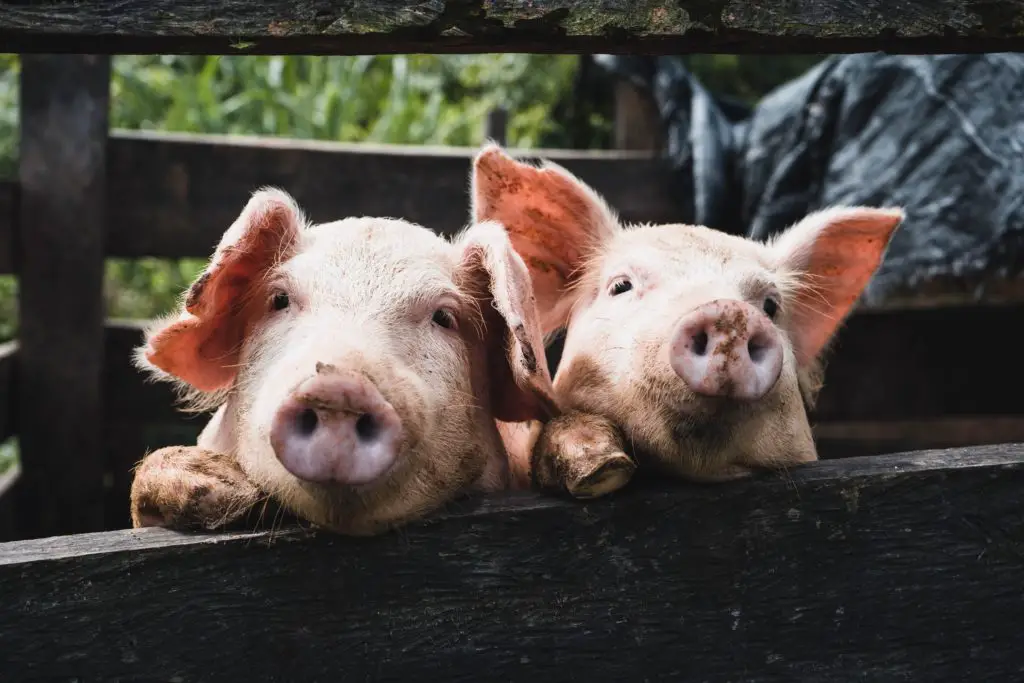
To sum it up: The world would profit a lot from the benefits of being vegan. Not only would we get very close to an end of animal cruelty, but we would also have an actual chance in our fight against climate change, be able to deal with our growing population and live healthier, longer lives.
• 21 It’s easy!
No one can force you to stop consuming animal products from now on and forever. But even small changes are okay in the beginning. If you are not already following a vegan diet, reduce your meat and dairy consumption step by step. If you’d like some help, take the vegan pledge.
It can be ridiculously easy to switch to a plant-based diet. Not only are there lots of meat and dairy alternatives available, the options you have when cooking with natural vegan ingredients are endless. Fruits, vegetables, whole grains, seeds and nuts can be combined in creative variations. Here’s some inspiration.
By going vegan, you will save the lives of 100 animals per year.
Documentaries About The Benefits Of Being Vegan
Every change begins with education. For more insight and information about the benefits of being vegan, check out the documentaries below.

